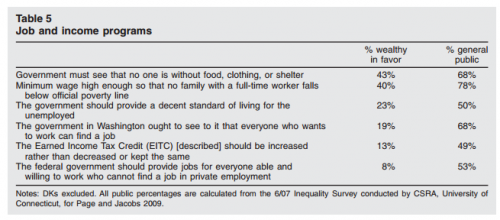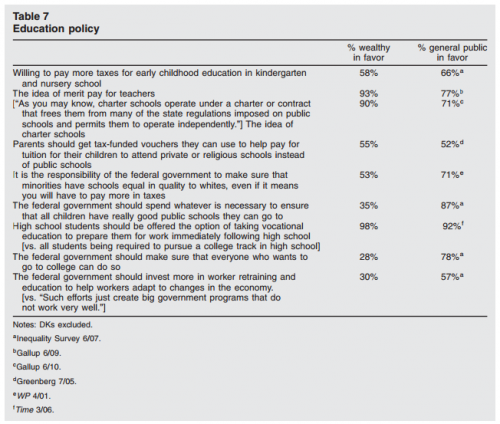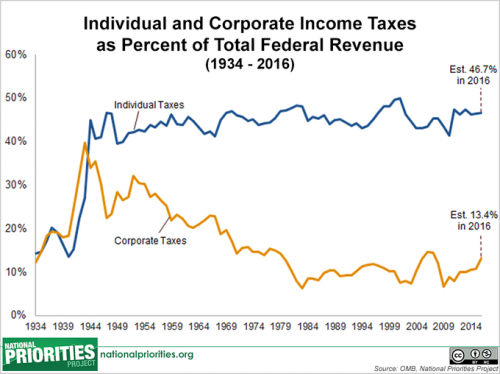Flashback Friday.
Electric clothes dryers are among the most energy-greedy appliances in the home, accounting for between 6% and 15% percent of home energy use. In contrast, drying clothes outside is both environmentally friendly and free. Yet, according to the New York Times, many homeowners associations insist that they are “…an eyesore, not unlike storing junk cars in driveways, and a marker of poverty that lowers property values.” In the documentary Drying for Freedom, laundry activists claim that bans on clotheslines affect 50 million households, requiring people to buy electric clothes dryers or hang their clothes inside their home.
Homeowners associations require many things intended to increase the “curb appeal” and property value of homes. Many of these things specifically function to make the home and yard appear decorative instead of functional. Rules prohibit visible vegetable gardens, parking cars in the driveway overnight, allowing your cat outside (lest they poop), and failing to clean oil stains left by leaky vehicles. They turn driveways, curbs, front yards, and porches into communal space designed to advertise the luxury of having non-functional spaces. They say, in effect, “This is a lovely neighborhood where we can afford to curate flowers instead of vegetables and preserve pristine concrete by taking our cars to Jiffy Lube.”
All of this supposedly protects home values by preserving the notion that the neighborhood includes only middle- and upper-class people who can afford to avoid (dirty) work by consuming services. Not being able to afford to dry your clothes electrically apparently appears, well, trashy.
Drying for Freedom is trying to interrupt this narrative, but instead of fighting the classist reasoning behind the clothesline bans, they are trying a different social movement strategy: re-framing. They are suggesting that using clotheslines isn’t a sign of poverty, but one of good global citizenship and, thus, a sign of responsible living. It seems to be working, too. As of 2016, 19 states ban clothesline bans, which is a start. Laundry activists hope the trend will go nation-wide, and then global, and that someday drying one’s clothes in a dryer will be the “trashy” thing to do.
Trailer :
Originally posted in 2010.
Lisa Wade, PhD is an Associate Professor at Tulane University. She is the author of American Hookup, a book about college sexual culture; a textbook about gender; and a forthcoming introductory text: Terrible Magnificent Sociology. You can follow her on Twitter and Instagram.

















